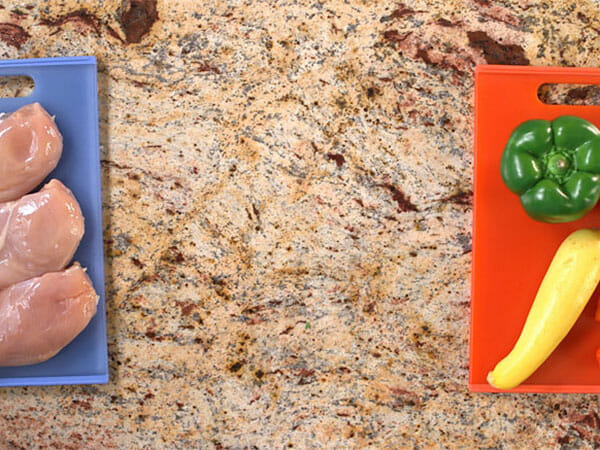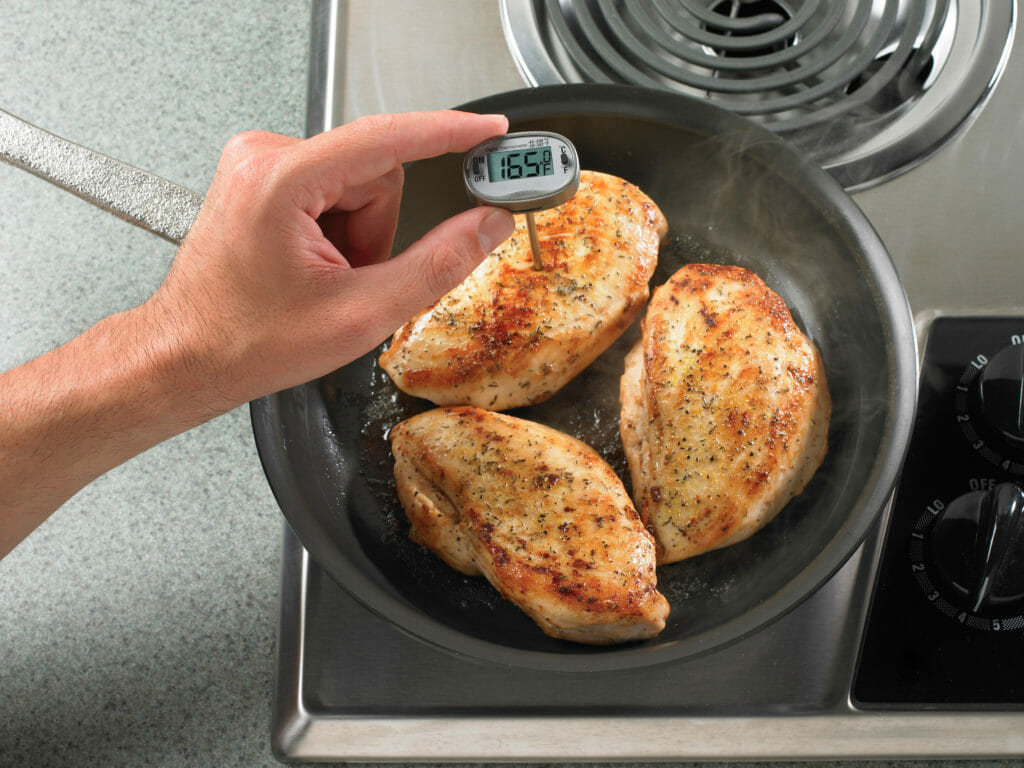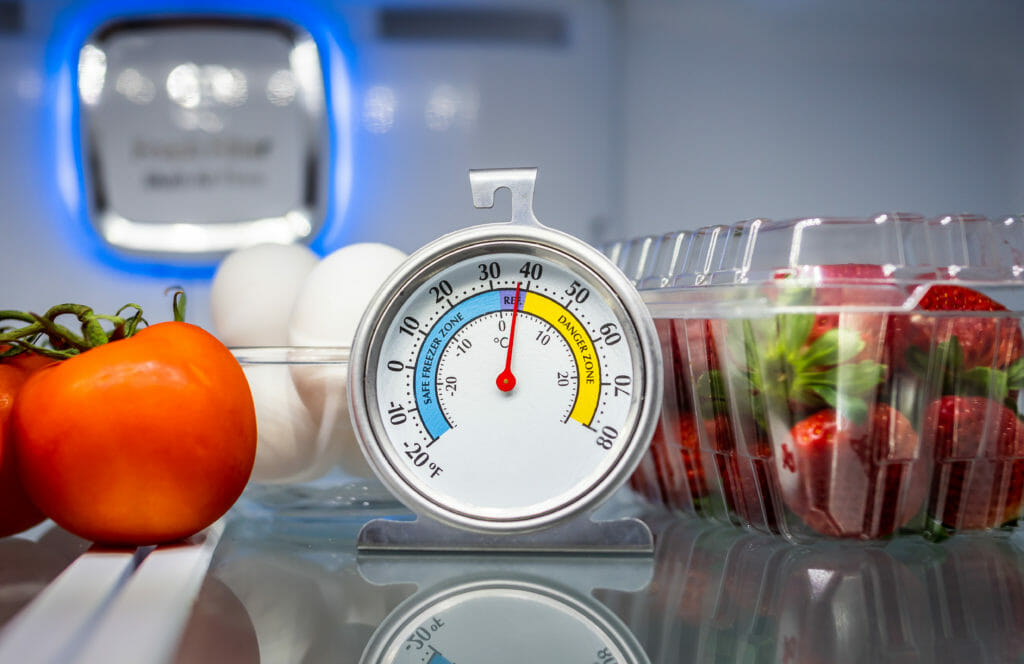COVID-19 has raised people’s awareness around chronic underlying health conditions and how these conditions make it very difficult for a body to fight off infection. A NYU Langone Health study found that among coronavirus patients under age 60, those with obesity were twice as likely to be hospitalized and were at even higher risk of requiring critical care.
Obesity, kidney disease and diabetes, among other chronic health conditions, can make you more vulnerable to serious foodborne illness, too.
- Obesity: Overall, obesity appears to increase the risk of bacterial and viral infections. 42 percent of American adults live with obesity.
- Chronic Kidney Disease: Kidney failure can occur as a complication of food poisoning caused by E-coli or Shigella bacteria. A person with existing kidney disease can be at great risk for very serious complications from a foodborne illness.
- Diabetes: One consequence of diabetes is that it might leave you more susceptible to developing infections – including pathogens that cause foodborne illness.
128,000 Americans are hospitalized each year as a result of a foodborne disease, but many more don’t seek medical care.
We all want to have freedom from illness.
If you or someone in your family is at greater risk of infection due to an underlying condition, then now is a great time to commit the entire family to consistent practice of food safety fundamentals:
- Clean
- Separate
- Cook
- Chill
Reducing your household’s risk of food poisoning through proper hand hygiene, surface cleaning, handling, preparation and storage of food, will pay off with many benefits, including reducing risk of other bacterial or viral diseases.
Here’s a quick guide to home food safety basics and links to download handy short guides for your family and friends.
Clean hands & surfaces often
- Wash hands with soap and water for 20 seconds before and after handling food and after using the bathroom, changing diapers, handling pets or using your digital devices.
- Wash cutting boards, dishes, utensils and counter tops with hot soapy water after preparing each food item and before you go onto the next food.
- If you are in a large household, make sure to swap out clean kitchen towels every day or two.
Download the Clean fact sheet.
Separate to prevent cross-contamination
- Separate raw meat, poultry, seafood and eggs from other foods in your grocery shopping cart, grocery bags and in your refrigerator.
- Use one cutting board for fresh produce and a separate one for raw meat, poultry and seafood.
Download the Separate fact sheet.
Cook to the safe internal temperature
- Use a food thermometer to make sure meat, poultry and egg dishes reach an internal temperature that will kill harmful bacteria.
- When microwaving food, always follow package instructions. Make sure there are no cold spots in food (where bacteria can survive) when cooking in a microwave oven.
Download the Cook fact sheet and temperature chart.
Chill promptly in refrigerator
- Cold temperatures slow the growth of harmful bacteria. Keeping a constant refrigerator temperature of 40 °F or below is one of the most effective ways to reduce the risk of foodborne illness. Do you know your refrigerator temperature? Measure with a separate appliance thermometer.
- Never let raw meat, poultry, eggs, cooked food or cut fresh fruits or vegetables sit at room temperature more than two hours before putting them in the refrigerator or freezer (one hour when the temperature is above 90 °F).
Download the Chill fact sheet.
On this Independence Day — and beyond — make a renewed commitment to home food safety and hand hygiene to protect your health. Good health is freedom!
Shelley Feist is Executive Director of the Partnership for Food Safety Education. Her favorite Fourth of July food is watermelon. (TIP: Rinse with running tap water before cutting your watermelon!)




